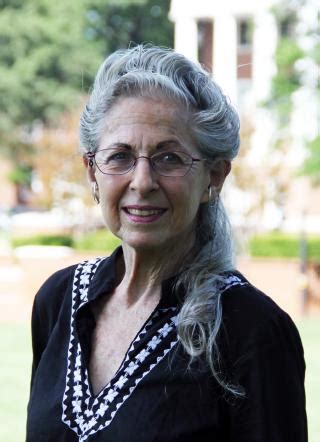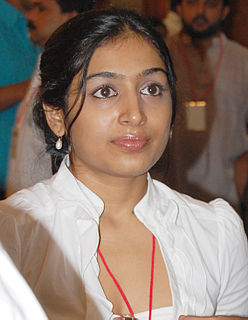A Quote by Samuel Taylor Coleridge
The Language of the Dream/Night is contrary to that of Waking/Day. It is a language of Images and Sensations, the various dialects of which are far less different from each other, than the various Day-Languages of Nations.
Related Quotes
Lisp was far more powerful and flexible than any other language of its day; in fact, it is still a better design than most languages of today, twenty-five years later. Lisp freed ITS's hackers to think in unusual and creative ways. It was a major factor in their successes, and remains one of hackerdom's favorite languages.
The mentality of mankind and the language of mankind created each other. If we like to assume the rise of language as a given fact, then it is not going too far to say that the souls of men are the gift from language to mankind. The account of the sixth day should be written: He gave them speech, and they became souls.
Language is so specific to art, all the way to the past in China. Previously, people were not allowed to include various regional dialects in their films, but in every film that I've made, I've maintained the regional dialects of the characters because I wanted to make films that were locally specific.
One of my favorite literary theorists, Mikhail Bakhtin, wrote that the defining characteristic of the novel is its unprecedented level of "heteroglossia" - the way it brings together so many different registers of language. He doesn't mean national languages, but rather the sublanguages we all navigate between every day: high language, low language, everything. I think there's something really powerful about the idea of the novel as a space that can bring all these languages together - not just aggregate them, like the Internet is so good at doing, but bring them into a dialogue.
American Sign Language is a language. It's fun to learn, and it's different from other languages because you use your hands, you use your face, your facial expressions, and there is also an incredible culture that comes with it and an amazing community too, and through that, we can support each other.
The benefits of becoming fluent in a foreign tongue are as underestimated as the difficulty is overestimated. Thousands of theoretical linguists will disagree, but I know from research and personal experimentation with more than a dozen languages that (1) adults can learn languages much faster than children when constant 9-5 work is removed and that (2) it is possible to become conversationally fluent in any language in six months or less. At four hours per day, six months can be whittled down to less than three months.
The Creation speaks a universal language, independent of human speech or human language, multiplied and various as they be. It is an ever-existing original, which every man can read. It cannot be forged; it cannot be counterfeited; it cannot be lost; it cannot be altered; it cannot be suppressed. It does not depend upon the will of man whether it shall be published or not; it publishes itself from one end of the earth to the other. It preaches to all nations and to all worlds; and this Word of God reveals to man all that is necessary for man to know of God.







































